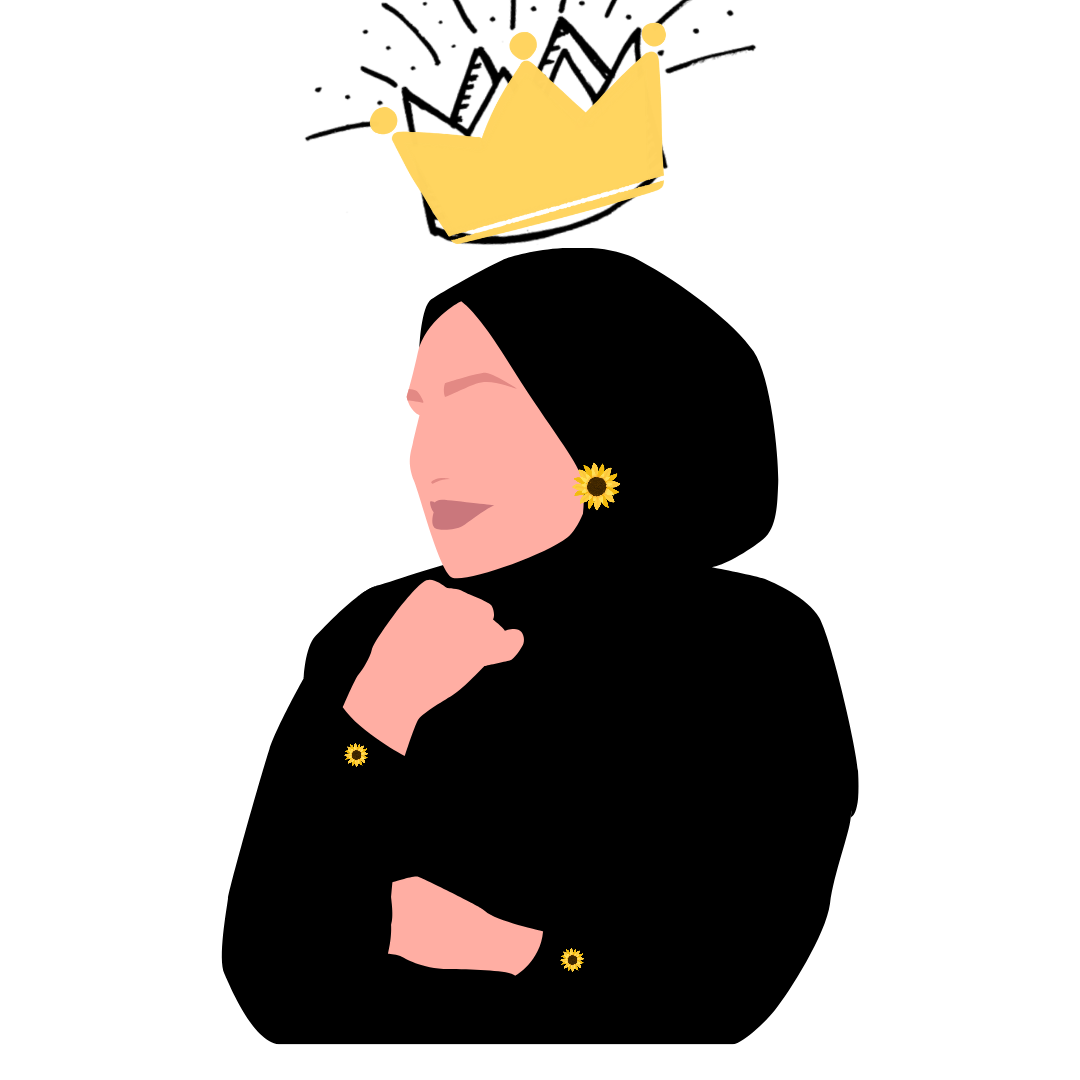Learning English in 3 months sounds promising yet unrealistic. But there is a way that will make you at least sound like a native in less than a month. Using the 80/20 principle, you could speak like a native by mastering the common pronunciation mistakes made by Bangladeshi people. If you want to reduce your accent and sound clear. Stay tuned! In this article, we will find out 5 common English pronunciation mistakes made by Bangladeshi people. After reading this your English will not be same as before. Because after this you will be spending less time practicing what isn't needed.
● Why is mastering pronunciation necessary?
During a discussion, the first and most important thing that native speakers notice is how someone pronounces words. While vocabulary is important, pronunciation is far more important. A learner's main objective should be to pronounce words correctly. Even if students have poor grammar, having strong pronunciation makes it easier to understand and avoid misunderstandings. Additionally, without perfect pronunciation, students' vocabulary proficiency is less effective when utilized for oral communication.
● Why Learners Struggle with English Pronunciation?
English learners can make pronunciation mistakes due to various reasons:
- When a sound does not exist in a student's mother tongue, they may replace the nearest equivalent they know (Ur, 52).
- Students can have difficulty identifying the pronunciation features that their teachers want them to reproduce.
- Bangladeshi learners may struggle to distinguish between sounds like /z/, /dƷ / and / Ʒ/, due to differences in typical Bangla equivalents. ● Why it it hard to speak like a native? It's always difficult to learn a second language. As we get older, our first language habits become too strong, and we find it difficult to learn a second language. Because of the differences in phonetic patterns between Bangla and English. Bangla speakers have difficulty pronouncing certain English phonemes. Examples include fricatives, affricates, diphthongs, and vowels. As a result, they are unable to speak English with an appropriate accent. Pronunciation refers not only to the sounds but also to stress, rhythm and intonation (Ur, 47). Language sounds have segmental elements, whereas intonation, rhythm, and stress fall into supra segmental elements. The sounds of the language are more obvious, but stress and intonation patterns are also important. The wrong accent or intonation pattern can prevent someone from being legible, even after learning the proper sounds. That's why, it is vital to practice all this elements of pronunciation. Now let's look at the 5 Common English Pronunciation Mistakes Made By Bangladeshi People so they could reduce their accents and have a clear pronunciation. They are: ● Fricatives 1.1 Bangladeshi learners may have trouble pronouncing /f/ and /v/ in English. 1.2 Bangladeshi EFL (English as a Foreign Language) learners will struggle with pronouncing /θ/ and /ð/. They pronounce / θ / and / ð / firmly as plosives; whereas, in English, they are pronounced softly as fricatives. 1.3 Bangladeshi EFL learners may struggle with pronouncing /z/ and / dƷ /; as /z/ is pronounced as /dƷ /. 1.4 Bangladeshi EFL pupils struggle with pronouncing / Ʒ /; which is pronounced like /z/ or /dƷ /. 1.5 Bangladeshi EFL learners may struggle with /∫/, which is sounded as /s/. 1.6 Bangladeshi EFL learners may struggle to pronounce /s/, which is pronounced as /∫ / or /t∫ /. 1.7 Bangladeshi EFL learners pronounce the glottal fricative /h/ in word final position, which is not the case in English. ● Plosives 2.1. Bangladeshi EFL learners do not aspirate /p/, /t/, or /k/ in the beginning position. ● Affricates, nasals, approximants 3.1 Bangladeshi EFL learners struggle with pronouncing /t∫/ and /dƷ/, which are pronounced as /s/ and /z/, respectively. 3.2 Bangladeshi EFL learners are unaware of the distinction between clear and dark ‗l'. 3.3 Bangladeshi learners pronounce /r/ as trill rather than retroflex due to the presence of a trill sound in Bangla. They cannot pronounce the retroflex approximant /r/. ● Vowels And Diphthongs 4.1 Bangladeshi EFL learners have trouble with accurate pronunciation of vowels such as /ə /, / ɔ: /, / З: /, /e /. 4.2 Bangladeshi EFL learners struggle with pronouncing diphthongs and often use monophthongs instead. ● Suprasegmental features 5.1 Bangladeshi EFL learners have difficulty with pronouncing words correctly and recognizing weak verb forms. 5.2 Bangladeshi EFL learners do not exhibit progressive or regressive assimilation in their pronunciation. 5.3 Bangladeshi EFL learners' speech contains evidence of elisions. 5.4 There is no evidence of linking "r" in the speech of Bangladeshi EFL learners. ● Effective Strategies to Correct Pronunciation Mistakes Drilling can help students learn to imitate accurate pronunciation. Thus, teachers might want students to practice intensively in order to enhance their pronunciation of English phonemes. Additionally, teachers can use:
- Tongue twisters,
- Mnemonics,
- Minimal pairs,
- Rhymes to minimize the pronunciation difficulties faced by Bangladeshi EFL learners. Communication is a language's primary purpose. Mutually understandable pronunciation is essential while discussing communication. Just like other language abilities (Listening, speaking, reading, and writing), one must learn how to pronounce properly. Correct pronunciation requires methodology and training. If you’ve made it this far, congratulations! You’re already one step ahead of the game. Now it’s time to focus on practicing what you truly need to improve. Happy New Year 2025! Let’s make mastering your pronunciation your New Year’s goal. Looking for high-quality listening material? Check out this article I’ve written about podcasts—https://www.facebook.com/share/p/19ixWapgdz/ .
It’s packed with great suggestions. Plus, I’ve created a playlist specifically for mastering sounds. Want access to it? Just leave a comment saying “Playlist,” and I’ll share it with you!
Mariam Sultana Saima


